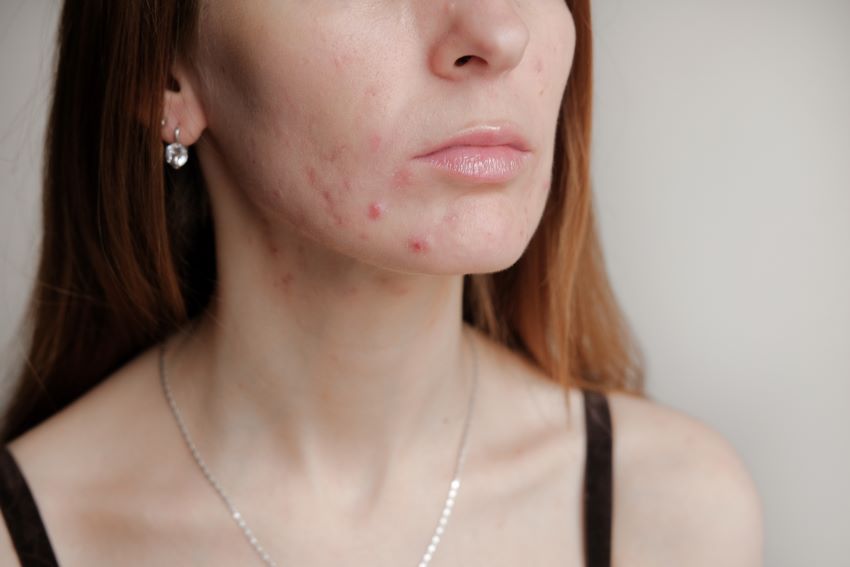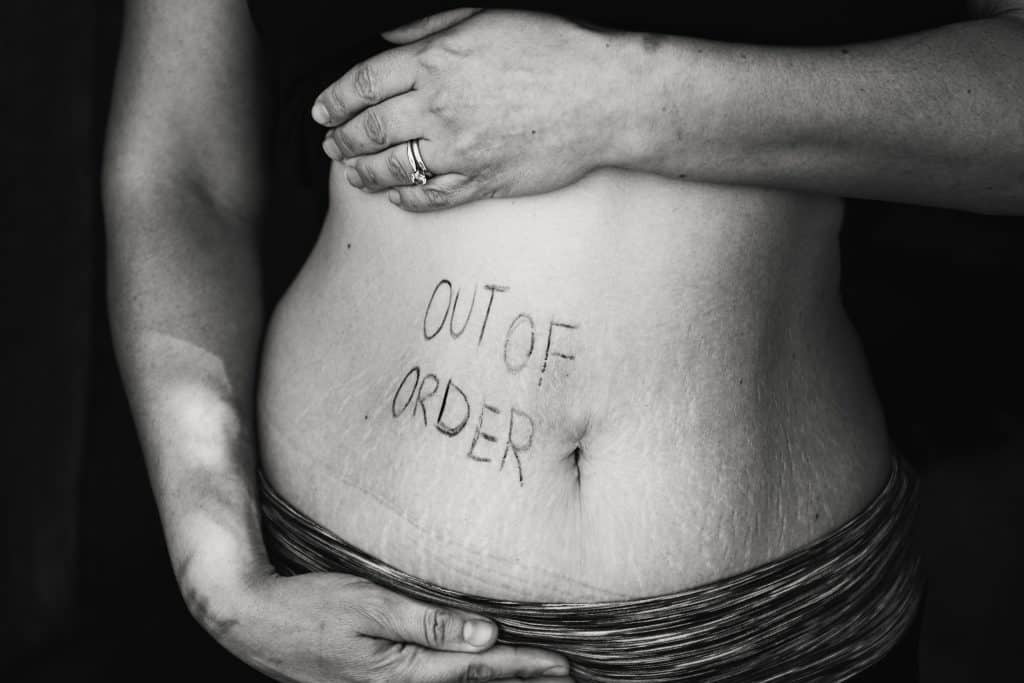I’m here to tell you that there are naturopathic hair loss solutions. Look, it’s not easy coping with hair loss. To most of us, it can feel like our hair isn’t a separate entity, it can feel like a part of who we are. Trust me when I say I know the impact of hair loss on our body, mind and soul. Once you start seeing clumps of hair come out in the shower, it can be frightening and often the medical community leads us to believe there are NO solutions.
When you begin to lose your hair, you may be wondering what is going on in your body that could cause such a thing to occur.
If you are noticing hair loss, getting a handle on it sooner than later is a good idea. The longer the hair loss goes on for, the more difficult it can be to change. The truth is that despite what many doctors might say, there is often a way to combat hair loss, preventing it from progressing and potentially seeing a ton of re-growth! I see this everyday in my private practice.
While there are many causes of hair loss, there are also some pretty good solutions. One such solution is antioxidants. But how can they help with hair loss?
What Causes Hair Loss?
People lose anywhere from 50 to 100 hairs every single day. While that may seem alarming, it is a minuscule loss compared to the over 100,000 hairs you have on your head. This healthy hair loss cycle ends with new hair growth. However, if new growth does not occur, that loss is eventually quite noticeable. In some cases, an abrupt loss of hair can occur, which is evident almost immediately.
There are a few common reasons why your hair is falling out and not replenishing itself. They include:
Androgenic alopecia
Androgenic alopecia is a type of hair loss that is hereditary, meaning it’s passed down through families. It’s the most common type of hair loss, and roughly 50% of all people will deal with androgenic alopecia. It occurs because a specific receptor, the androgen receptor, is excessively activated. The overactivation of the receptor leads to the shrinking of hair follicles, which renders the hair unable to pass through the epidermis.
Autoimmune disease
Autoimmune diseases occur when the immune system mistakes healthy cells for foreign invaders. Think of it as a form of friendly fire in the body that causes damage. When it leads to hair loss, it is known as alopecia areata. The immune system attacks the hair follicles in such a damaging way that they can no longer grow hair.
Telogen effluvium
As opposed to gradual hair loss that can occur over time, telogen effluvium is sudden hair loss that can develop because of prolonged and severe stress, emotional or physical trauma, or illness. Other conditions or health ailments that can bring on telogen effluvium include:
- Hormonal changes that occur during pregnancy, menopause, or through the use of birth control
- Endocrine disorders, which affect hormones production in the body
- Malnutrition
Telogen effluvium is one of the most common causes of alopecia.
Other disorders
Other health disorders such as fungal ringworm of the scalp, lupus, and lichen planus can also bring on some form of hair loss.
How Can Antioxidants Help With Hair Loss?
When it comes to naturopathic medicine, we sure have a lot of hair loss solutions up our sleeves. The most important part to remember though is that identifying your root cause is key FIRST. One of the approaches we can take when it comes to naturopathic hair loss solutions, that can be overlooked, is working with antioxidants.
Antioxidants are not a cure-all when it comes to hair loss. However, they can drive positive changes in your health that connect to hair loss, leading to a possible remedy.
In the case of androgenic alopecia, studies have found that oxidative stress may be partly to blame for the condition developing. Oxidative stress occurs when the body does not get enough antioxidants to balance out free radicals.
When free radicals are left to their own devices, they cause DNA and cell damage as well as widespread inflammation. Other studies have also found a connection between oxidative stress and alopecia areata. Since antioxidants have the power to correct oxidative stress, they too can help with the symptoms that arise because of the additional inflammation throughout the body.
Recent research has dove into how antioxidants may help with those and other causes of hair loss, such as telogen effluvium, and found that using specific products formulated with antioxidant agents can reduce hair loss.
Other ways antioxidants can help include:
- Improving hair growth
- Preventing premature graying of the hair
- Boost blood circulation to the scalp to help supply further nutrients to the area
- Protect from sun damage
What Antioxidants Are Best?
To help regrow your hair, you want to look for specific antioxidants. Since no two are the same, look for:
- Vitamin E
- Beta Carotene
- Vitamin C
- Vitamin A
- Phytochemicals
- Selenium
- Zinc
While each nutrient plays a vital role in many processes in the body, they have all been shown to help with alopecia driven by various factors by reducing oxidative stress, correcting cellular turnover, and improving immune cell function.
Remember that the information on this blog is meant for informative purposes only. Take supplements should only be done under medical supervision and only once you have come to a root cause diagnosis. There are naturopathic solutions to hair loss. If you are experiencing hair loss that seems out of the ordinary, book a free introductory call with me today. We can work together to get to the root of your hair loss and find a solution that works for you.




